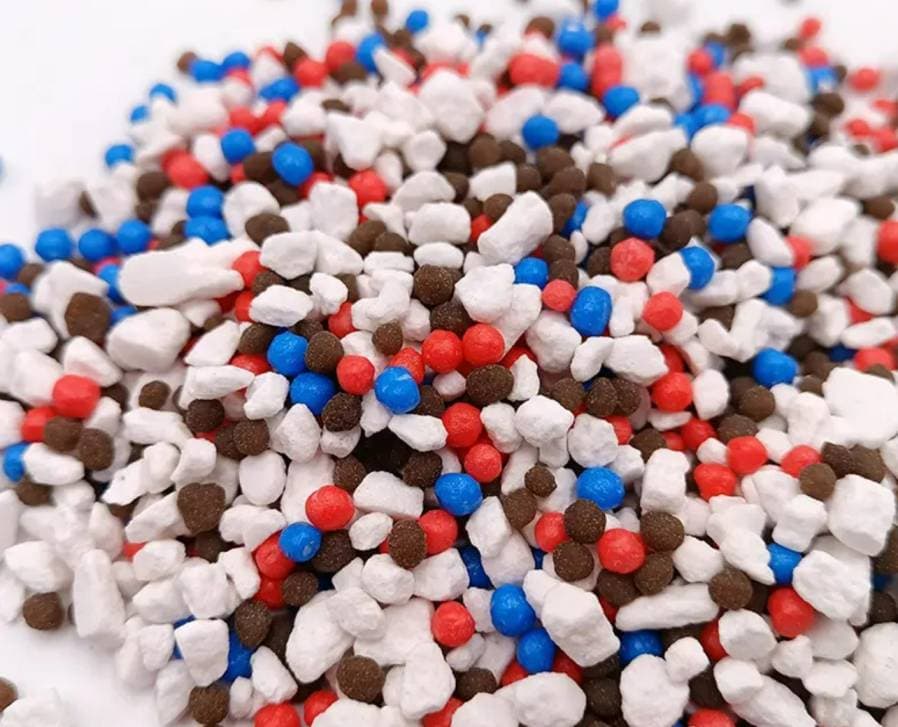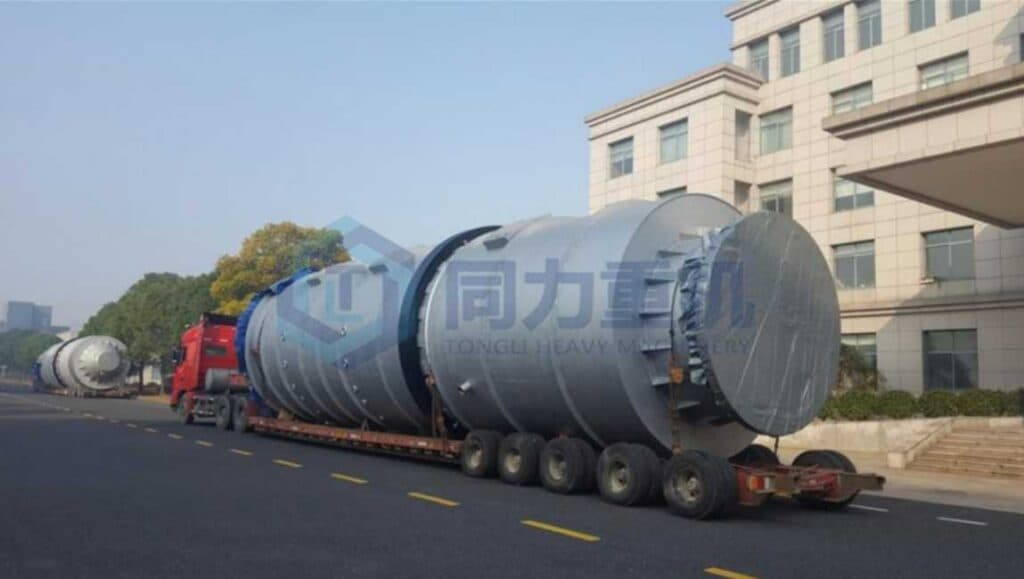Fertilizer granulation: Overview and equipment selection
Fertilizer granulation, as a crucial part of agricultural production, is not only related to the efficiency of fertilizer utilization, but also closely related to the healthy growth of crops.
What is fertilizer granulation?
Simply put, fertilizer granulation is the original, unprocessed fertilizer into a uniform, easy to handle the process of small particles. This process not only increases the particle size of the fertilizer and reduces losses during storage and transportation, but also ensures the accuracy of fertilizer application in the field, which in turn improves crop yield and quality.

In the context of modern agriculture, especially the increasing popularity of mechanized farming, precise fertilization has become particularly important. Fertilizer granulation can effectively avoid the waste of nutrients due to wind erosion or improper application, and ensure that the fertilizer is supplied precisely according to the actual needs of crops. The granulation process reduces the scattering problem during application by increasing the size of fertilizer particles, and at the same time, granulated fertilizer is easier to spread evenly by machinery, which meets the demand for precise fertilizer application in modern agriculture.
What are the methods of fertilizer granulation?
Fertilizer granulation technology mainly includes wet granulation, dry granulation and drum granulation and other ways. Wet granulation through the fertilizer raw materials and water mixed into a paste, and then through the molding and drying steps to produce particles; dry granulation is suitable for low moisture content of the raw material, the formation of particles of irregular shape; rotary drum granulation is the use of mechanical rotation and pressure, the raw material will be compressed into a composite fertilizer ball, especially suitable for large-scale production. The choice of each method depends on the characteristics of the raw material and production requirements.

Commonly used fertilizer granulator machines
In the granulation process, the choice of equipment is crucial. Common fertilizer granulator equipment include new type organic fertilizer dedicated granulator, rotary drum granulator, roller extrusion granulator, disc fertilizer granulator, dual mode extrusion granulator, flat die extrusion granulator and double roller granulator. For lower capacity plants, disc granulator are an option, which are open machines that are more difficult to control particulate and vapor emissions, and are suitable for situations where there is less fouling of the product. Rotary drums granulator, on the other hand, are more suitable for high capacity plants, being closed systems with better control of contamination, more flexibility to handle difficult-to-granulate materials, and are easy to build and operate, facilitating mixing of the solid and liquid phases and helping to form granules quickly.
Considerations for Selecting a Fertilizer Granulator
When choosing a fertilizer granulator, you need to consider the type of fertilizer to be produced and the raw materials required. For example, cow dung, chicken manure, pig manure, etc. can be used as raw materials when making organic granular fertilizers, while raw materials such as diaryl beryllium phosphate, urea, potassium sulfate, etc. are needed to manufacture compound granular fertilizers. Different raw materials and production needs determine the type of granulator selected.

Fertilizer granulator maintenance and use of skills
In order to extend the service life of the fertilizer granulator, some basic maintenance and use skills should be followed. Avoid starting and stopping the machine frequently, stop the machine immediately for inspection when there is any abnormality, inspect and lubricate the machine regularly, and replace or repair damaged parts in time. During the agricultural season, the granulator should be thoroughly cleaned to prevent residues from corroding the machine.
Fertilizer granulation is an indispensable part of modern agricultural production. By choosing appropriate granulation methods and equipment and paying attention to routine maintenance, the quality and use of fertilizer can be significantly improved, making an important contribution to increasing agricultural production and income. With the continuous progress of technology, fertilizer granulation process will be more perfect, to provide strong support for sustainable agricultural development.

